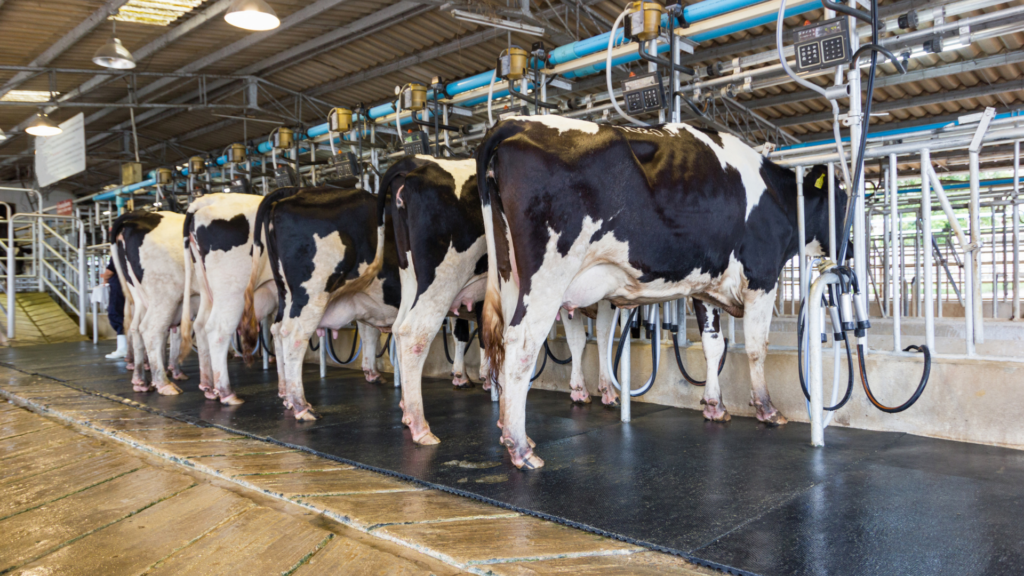The Walloon Agency for the Promotion of Quality Agriculture is currently pushing the organic dairy sector and the benefits of organic milk. Given the widespread belief that organic products are better for us and the environment, the same surely goes for milk you might think. But what are the potential advantages, or disadvantages of swapping to organic dairy products?
"Milk is a controversial food," explained dietician nutritionist Véronique Liesse in an interview with RTBF. “The quality of cow's milk is no longer the same as it was in the past; it is much more processed. It can cause digestive upset if you are lactose intolerant, allergies if you are allergic to cow's milk protein, and some people do not tolerate milk well. But that doesn't make it a poison as some claim and even less so in the form of yoghurt, whose benefits are no longer to be doubted.”
Dairy products are widely consumed, particularly in Wallonia, and increasingly in organic form – which is a good thing, Liesse believes.
Healthy cows, healthy humans
"To have the organic label, the cows must be mostly in the meadows and eat fresh grass," Liesse explains. “In addition to being good news for animal welfare, it is also better for our health. Grass contains far more omega-3s than corn or soybean meal. Organic milk contains between 20% more omega-3.”
“If the cows do not have pastures and the farmer wants to be able to produce organic milk, then they must absolutely receive 100% organic feed,” she added. “This means no pesticides, no fertilisers, no GMOs. There is a whole charter to respect and the farmer must be certified.
On an organic farm, calves must be fed by their mothers and cows must be able to move freely. So if you love milk and tolerate it well, organic milk is a good thing for several reasons:
- It is a milk that contains better fats, which will play a role in maintaining your health, especially cardiovascular health
- It contains more vitamin E
- It is more stable in quality, given the more directive criteria
- It is much better for the planet, since it respects it better
- It is better for animal welfare because animals are more outside and have to produce less milk
- It is also better for the farmer who earns a more reasonable margin.

